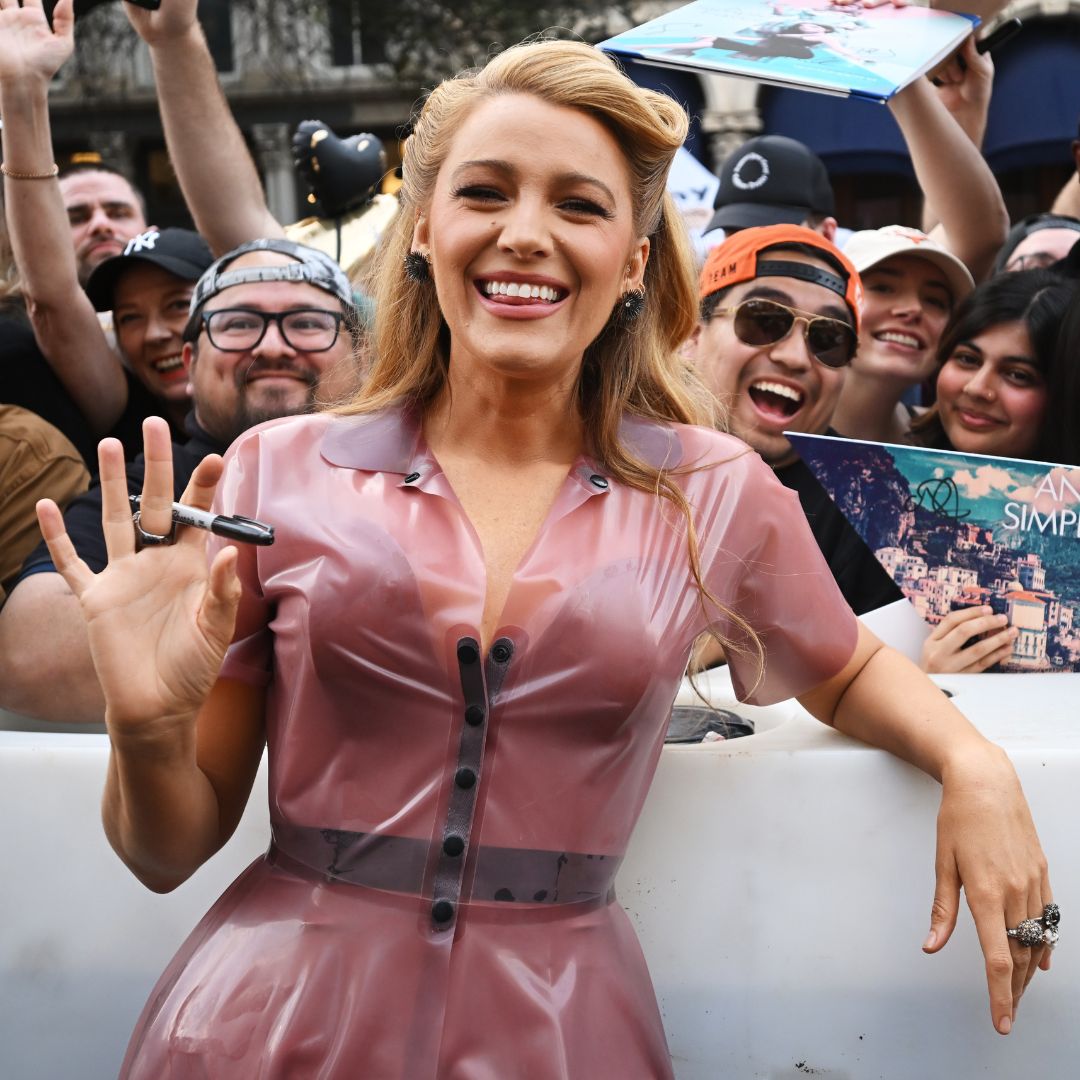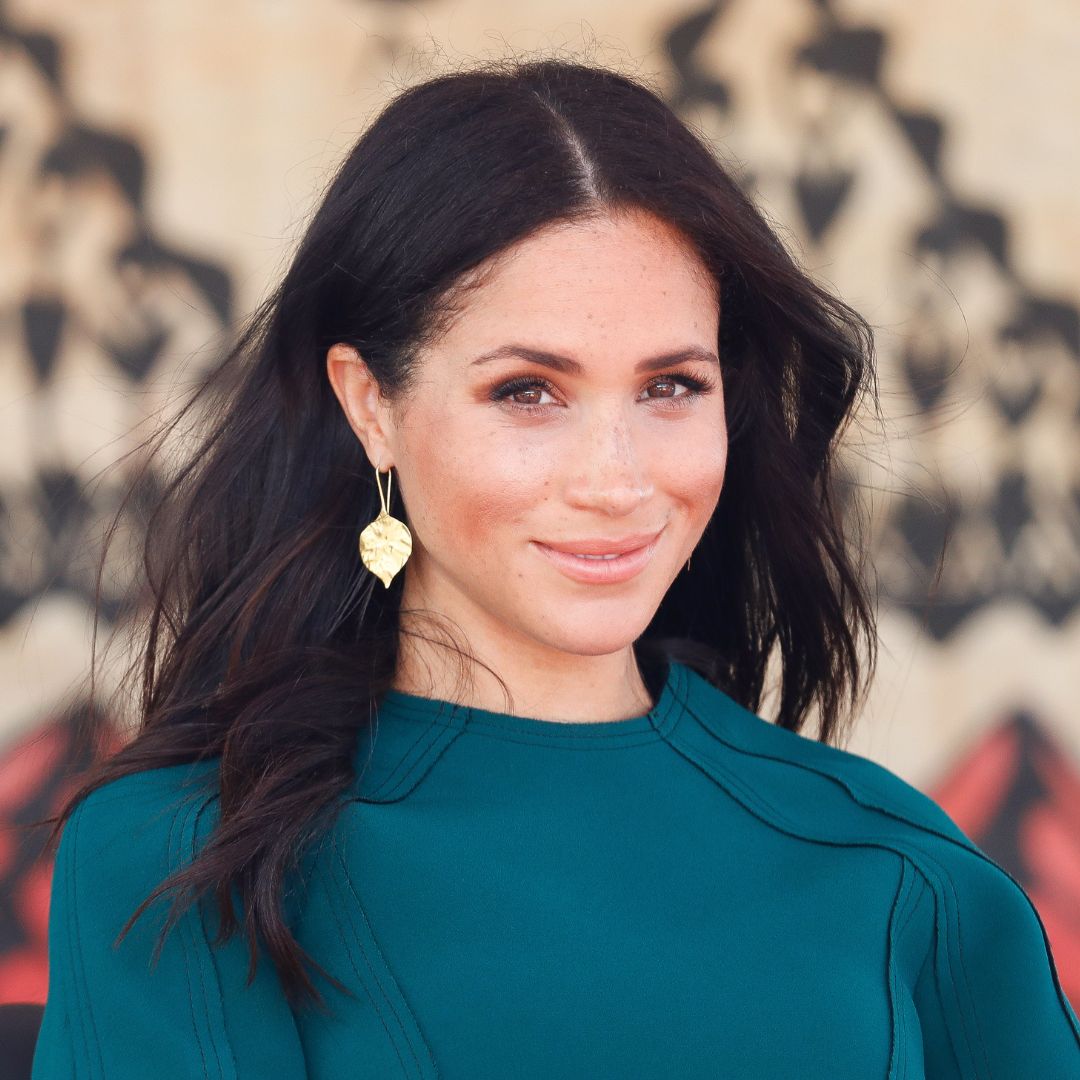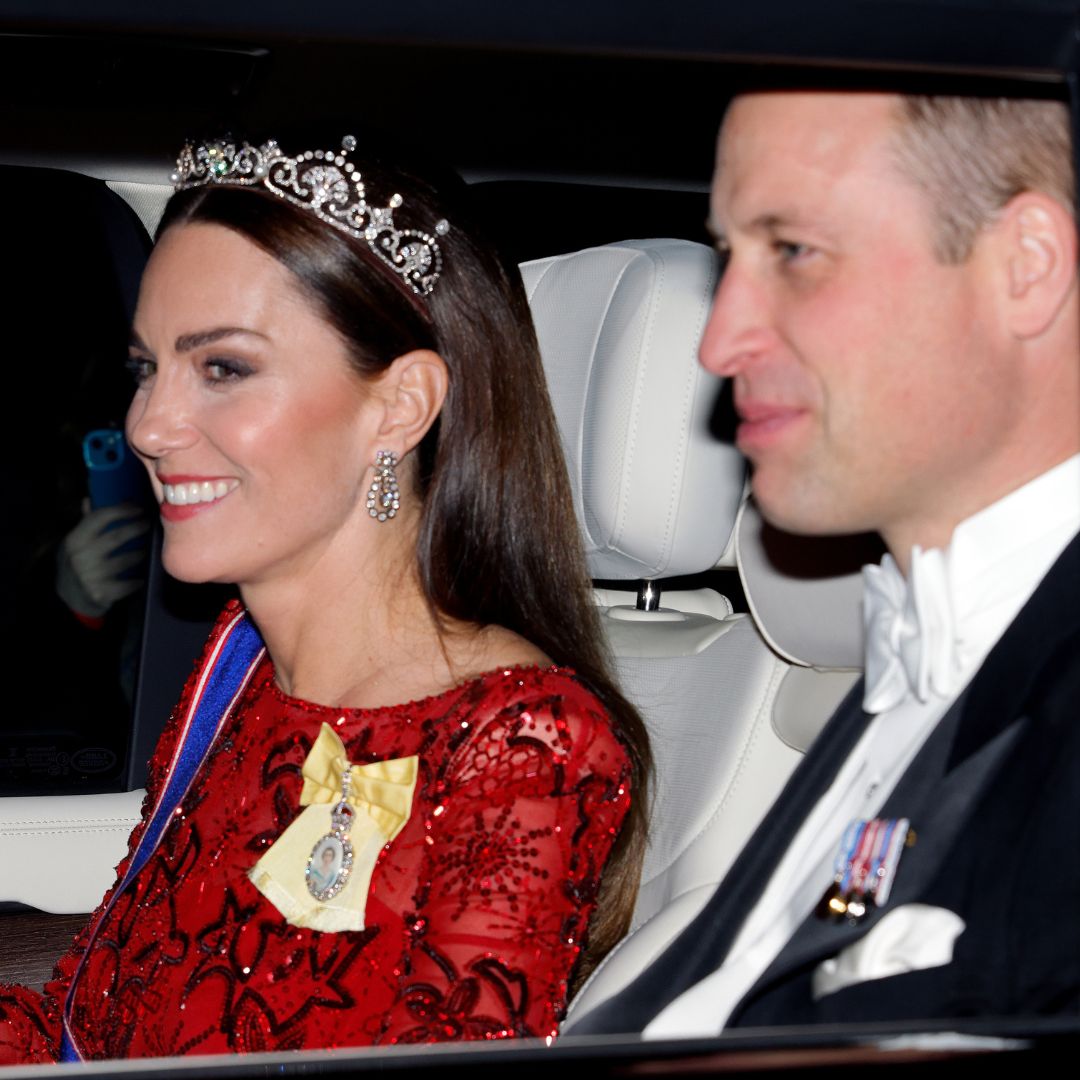7 conversations about race to have with your kids
Want to educate your family about the intricacies of race and racism? Bestselling author and former journalist Uju Asika tells you where to start
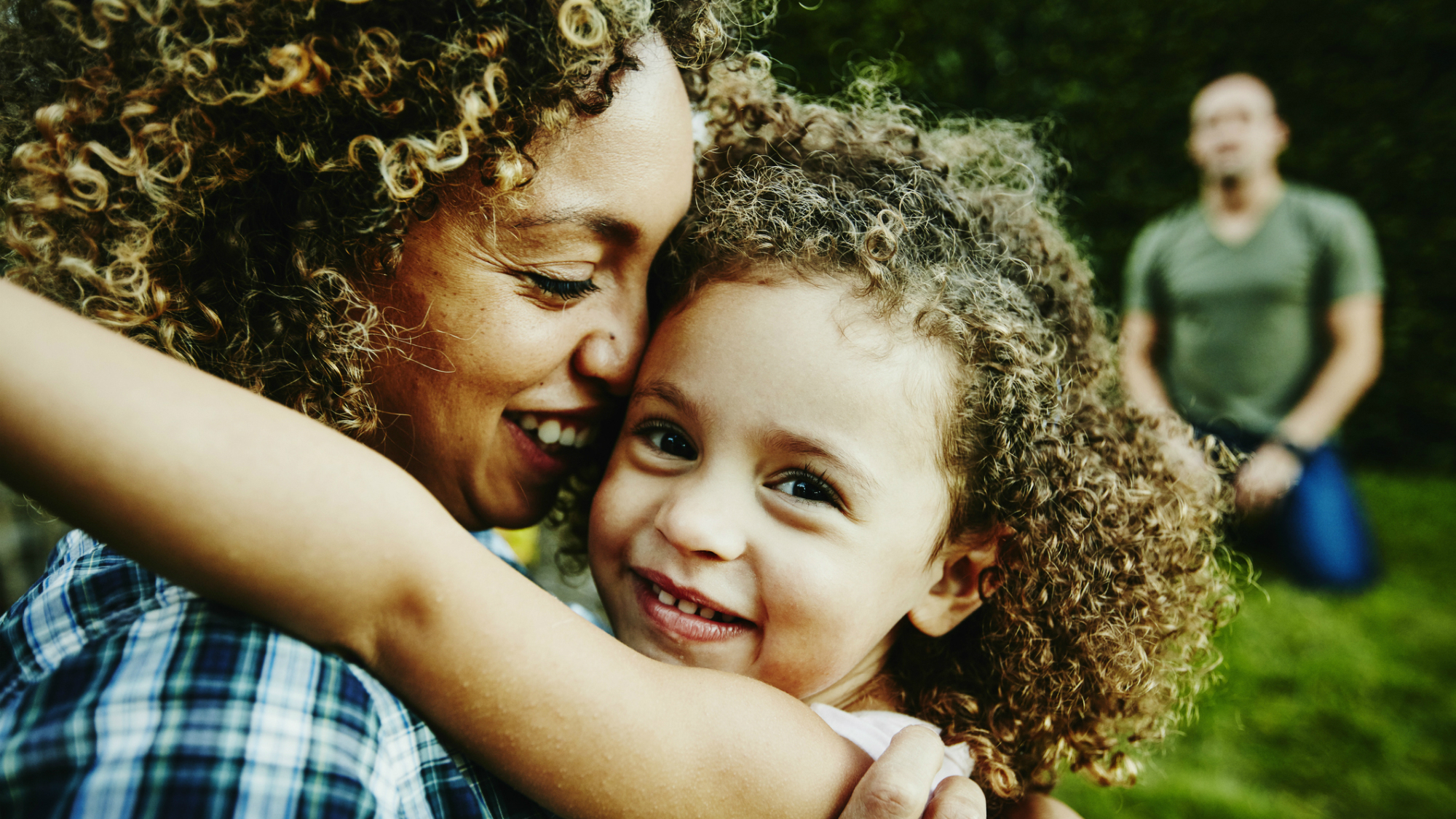
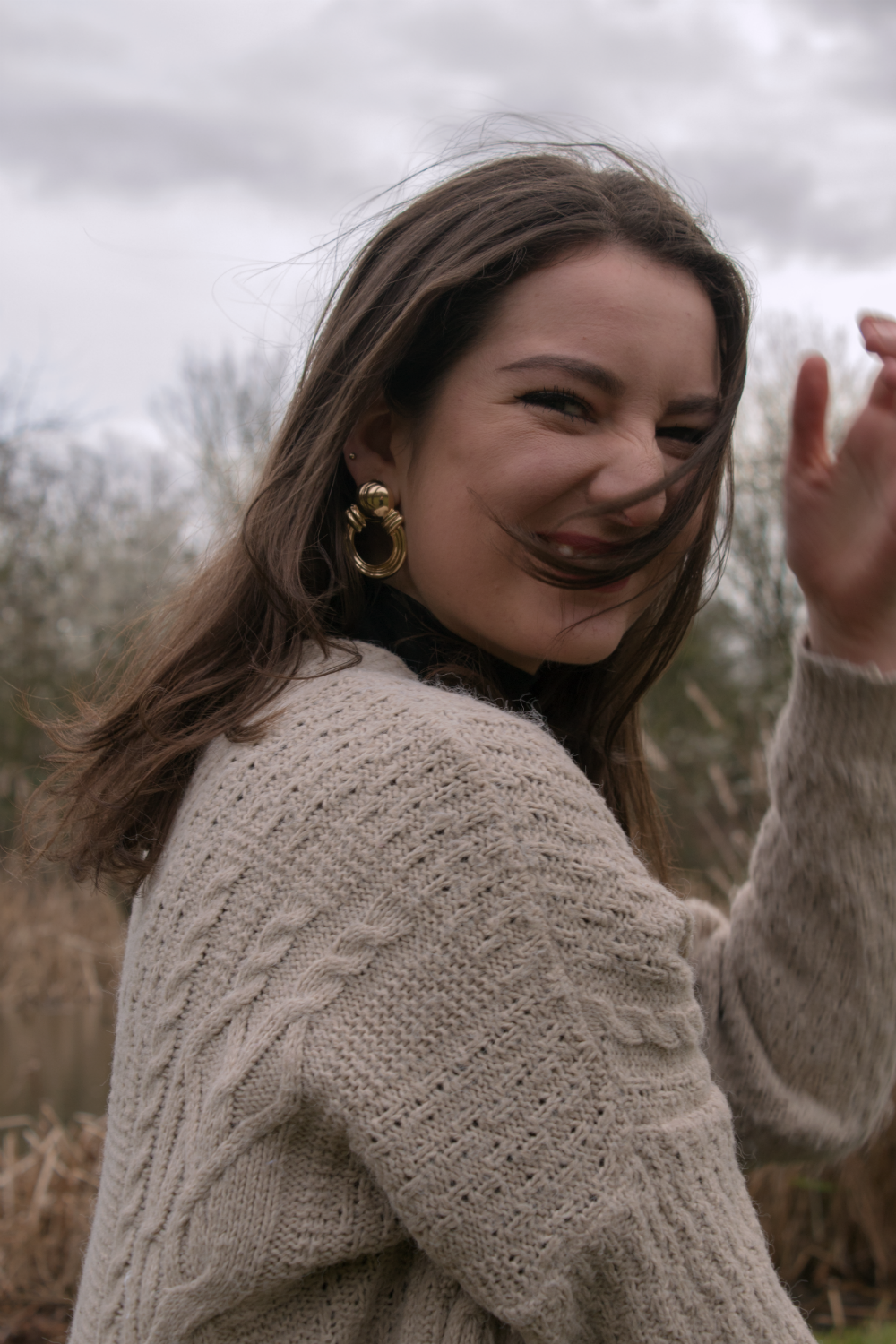
Want to educate your family about the intricacies of race and racism? Bestselling author and former journalist Uju Asika tells you where to start
When a child asks about someone’s race or ethnicity, how do you respond? Many parents panic or avoid giving a straight answer. However, those questions shouldn’t be ignored. I wrote Bringing Up Race: How to Raise a Kind Child in a Prejudiced World to help parents take the lead on these awkward but important conversations. The book explores the impact of racism and how we can raise children who are thoughtful, empathetic and antiracist. Here are some conversations about race to have with your kids.
7 conversations to have with your kids about race
1. Why people look different
Studies show babies as young as three months old notice ethnic differences. As they get older, your child might ask why someone has different hair, features or skin tone to theirs. Keep your answer simple and factual. Don’t make up bizarre stories -- like one video on social media where a mother tells her daughter that God ‘painted’ people Black and White!
Explain that humans can look different depending on where their ancestors came from. Melanin is what gives skin (and eyes and hair) its colour and acts like a natural sunscreen. The first humans lived in Africa where the sun was hottest, so their skin produced more melanin to protect it from burning. As humans moved to colder areas, they needed more vitamins from the sun, so they developed paler skin. Use educational resources like BBC Bitesize to help you discover more together.
2. How to describe skin colour
It’s sweet to hear your little one describe themselves as chocolate, vanilla or caramel. However, you should teach them the commonly accepted terms e.g. Black, White, Brown, Mixed, Asian etc. This helps normalise talking about race, so you’re not always speaking in euphemisms. Explain that even though nobody’s skin is actually Black or White, that is one way society puts people into groups. This can open up a discussion around ethnicity and how life can be very different depending on what group you fall into.
3. What racism is and why it's not just being mean
When considering conversations about race, teach your child that racism is more than being mean. Racism is when you think about or treat someone badly because of their skin colour or ethnicity. You can talk about how saying racist things is wrong and hurtful, but what hurts more is racism in society (aka systemic racism). For instance, when you can’t get a job or live in a certain area because of the colour of your skin. Ultimately, racism is about having prejudice and power and using that to harm people, whether directly or indirectly.
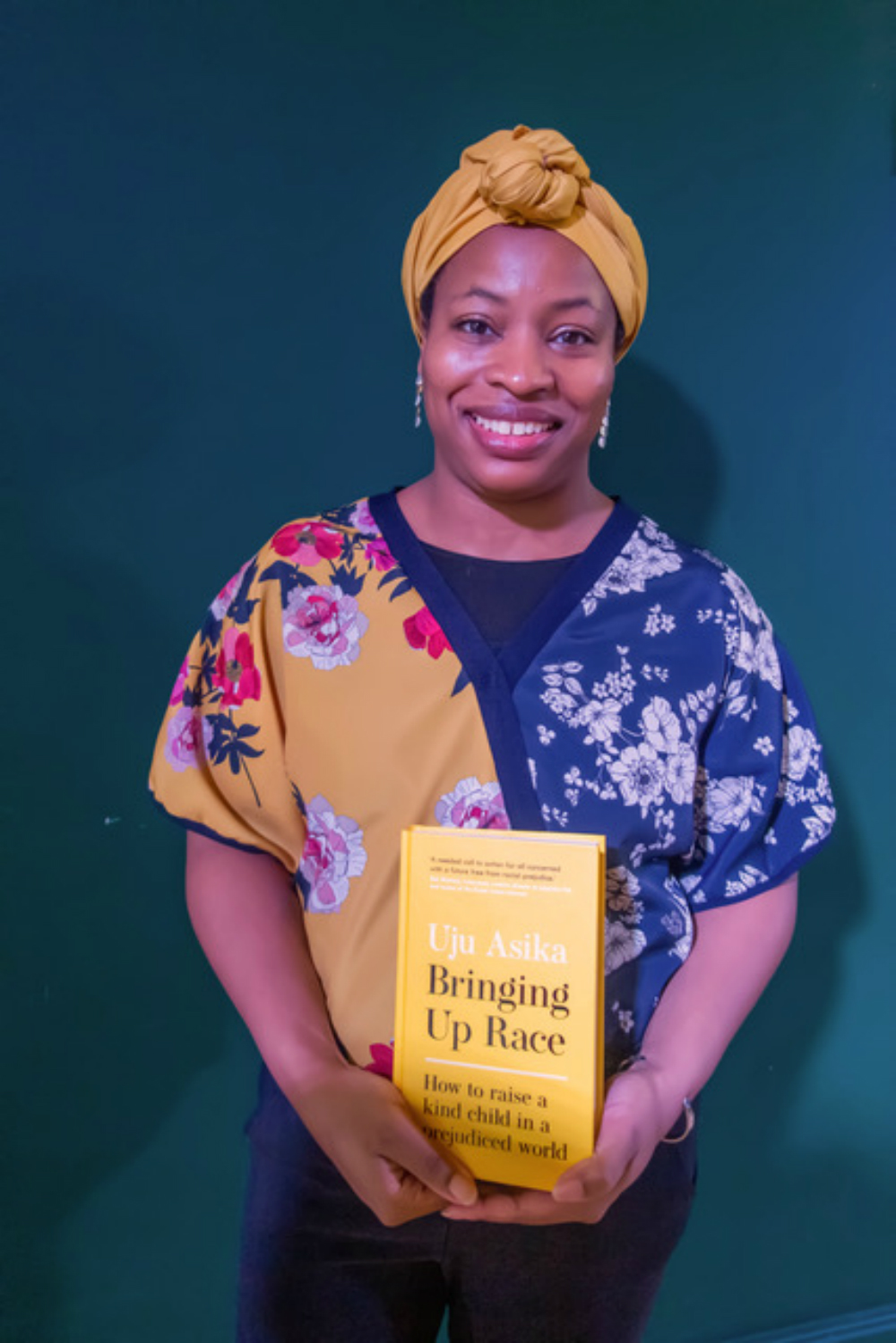
4. How to treat others fairly
Maybe your child is too young to get racism as a concept. But even the smallest child can understand fairness. Most kids have a strong sense of what’s fair and what’s unfair. Encourage them to treat everyone fairly and to speak up in instances of unfair treatment. You can watch or read stories together that deal with fairness. For instance, the story of African American schoolgirl Ruby Bridges who helped integrate an all-White school.
Marie Claire Newsletter
Celebrity news, beauty, fashion advice, and fascinating features, delivered straight to your inbox!
5. Why people are protesting
Older kids might want to discuss stuff they’ve heard at school or on the news, such as George Floyd and the Black Lives Matter protests. Try to avoid graphic imagery but do connect the protests to a tradition of fighting for civil rights. Research shows one way to reduce bias in kids is by giving them historical context for racism. For younger kids, reassure them the world isn’t falling apart. It’s just that people are angry because they’ve been treated unfairly. Talk about what they can do when things are unfair, like saying ‘No’ or ‘Stop’ or asking for help from a grownup.
6. Why it's so important to be kind
In Bringing Up Race, I talk about kindness as an antidote to hate. We can inspire children to be more thoughtful and considerate by praising them for kind behaviour and modelling kindness in our daily interactions. The wonderful thing is that kindness is contagious. One kind thing leads to another and if we raise kind kids, hopefully we can build a more connected society.
7. What you can do as a family to be antiracist
Antiracism means committing to fight racism however it shows up in our lives. Why not create an antiracist family mission statement outlining your values and how you plan to champion diversity. Do an audit of the books and media you consume, as well as your social circle and activities. You could start an antiracist book club or ask your child’s school what they are doing to be more inclusive. Whatever you do, make sure you keep learning, talking and growing alongside your kids. Antiracism isn’t about overnight solutions. It’s a lifelong practice.
Asika's new book Bringing Up Race: How to Raise a Kind Child in a Prejudiced World is available to buy now. Follow Uju at @babesabouttown on Instagram, Twitter and Facebook and visit her blog at babesabouttown.com
Niamh McCollum is Features Assistant at Marie Claire UK, and specialises in entertainment, female empowerment, mental health, social development and careers. Tackling both news and features, she's covered everything from the rise of feminist audio porn platforms to the latest campaigns protecting human rights.
Niamh has also contributed to our Women Who Win series by interviewing ridiculously inspiring females, including forensic scientist Ruth Morgan, Labour MP Stella Creasy and ITV’s former Home Affairs Editor Jennifer Nadel.
Niamh studied Law in Trinity College Dublin. It was after enrolling in a Law & Literature class on her year abroad in Toronto that her love of writing was reignited. In no particular order, her big likes are Caleb Followill, hoops, red wine, sea swimming, shakshuka and long train journeys.
